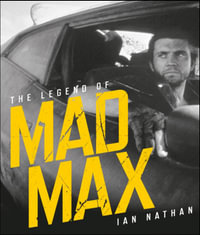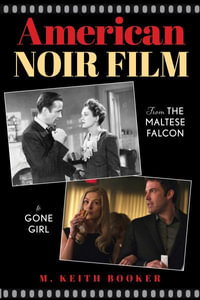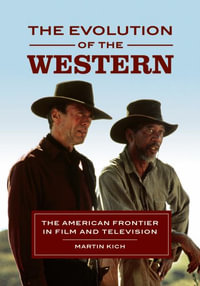What lies behind current feminist discontent with contemporary cinema?
Through a combination of cultural and industry analysis, Hilary Radner's Neo-Feminist Cinema: Girly Films, Chick Flicks and Consumer Culture shows how the needs of conglomerate Hollywood have encouraged an emphasis on consumer culture within films made for women. By exploring a number of representative "girly films," including Pretty Woman, Legally Blonde, Maid in Manhattan, The Devil Wears Prada, and Sex and the City: The Movie, Radner proposes that rather than being "post-feminist," as is usually assumed, such films are better described as "neo-feminist." Examining their narrative format, as it revolves around the story of an ambitious unmarried woman who defines herself through consumer culture as much as through work or romance, Radner argues that these films exemplify neo-liberalist values rather than those of feminism.
As such, Neo-Feminist Cinema offers a new explanation as to why feminist-oriented scholars and audiences who are seeking more than "labels and love" from their film experience have viewed recent "girly films" as a betrayal of second-wave feminism, and why, on the other hand, such films have proven to be so successful at the box office.
Industry Reviews
"Radner's work is both compelling and thought provoking, and she successfully pinpoints the media's version of contemporary society's ideal woman." --Adrienne Urbanski in Elevate Difference, January 2011 Scholars and women are continually perplexed in our attempts to articulate the overlaps between the "feminist" and the "feminine" and to understand the historical transformations of these terms, and the recent development of "postfeminism(s)" and new forms of femininities. In this spectacular and important new work of feminist film theory, Radner significantly advances the debate about feminism and its "posts" with her theory of neo-feminist culture. Using popular Hollywood films effectively to illustrate her argument, Radner traces the history of our culture's simultaneous incorporation and transformation of feminism in its political, personal, and social dimensions. Her theoretically sophisticated analysis of the complicated influence feminism has had on our popular culture and thinking will be equally useful to cultural and film theorists, students, and general readers. Neo-Feminist Cinema is culturally sophisticated film theory at its best. --Andrea L. Press, University of Virginia author of Women Watching Television, Speaking of Abortion, The New Media Environment, and co-editor of The Communication Review. This is a compelling and much-needed book. Summing Up: Highly recommended. --CHOICE June 2011 issue; reviewed by G.A. Foster, University of Nebraska-Lincoln.
























